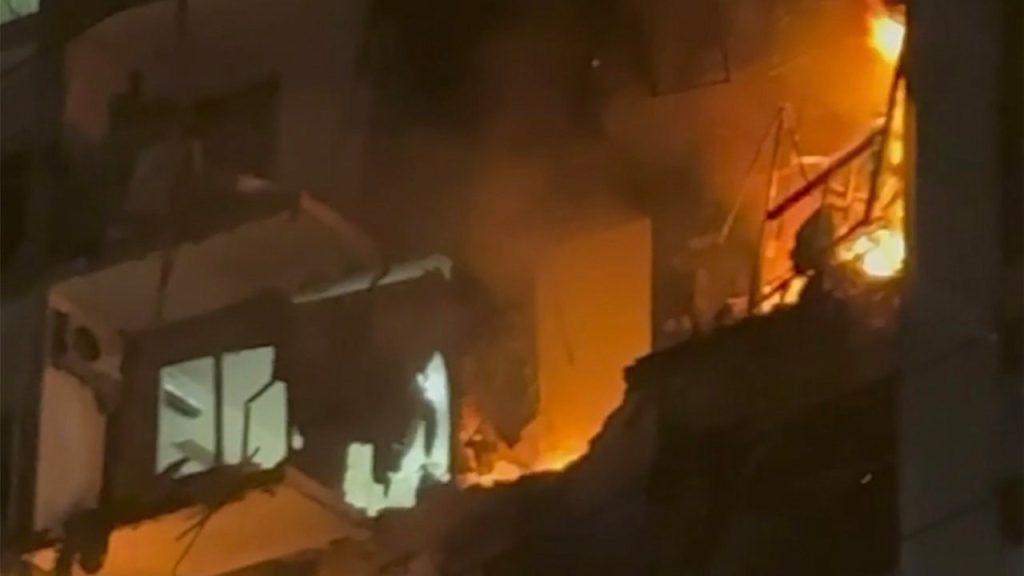On Tuesday, Ukraine launched a series of drone strikes on the Moscow region, resulting in the death of one woman, the destruction of numerous homes, and the rerouting of 50 flights from the Russian capital. This attack, which was reportedly the largest drone strike by Kyiv on Russia since the war began over two and a half years ago, marked a significant escalation in the ongoing conflict. In response, Russia claimed to have destroyed 20 Ukrainian drones over Moscow and an additional 124 drones across other regions. Kremlin spokesperson Dmitry Peskov criticized the attacks on residential neighborhoods, questioning their legitimacy as military targets.
The Ukrainian drone strikes on Moscow prompted a strong response from Russian officials, who described the actions as further evidence of Kyiv’s aggressive nature. Moscow has consistently used drones and missiles in its assault against Ukraine and has continued to target Kyiv with aerial assaults. The term “special military operation” is used by the Kremlin to justify its invasion of Ukraine. While Kyiv has not yet commented on the recent drone strikes, reports indicate that Russia retaliated with its own drone attacks, with Ukrainian defenses successfully intercepting and destroying 38 of them.
In response to the continued escalation of aggression by Russia, U.S. Secretary of State Antony Blinken announced plans to visit Ukraine along with British Foreign Secretary David Lammy to meet with Ukrainian officials, including President Volodymyr Zelenskyy. Blinken emphasized the importance of supporting Ukraine against Russian attacks, particularly the targeting of critical infrastructure and energy facilities. He highlighted concerns about Russia’s potential weaponization of Ukraine’s energy infrastructure during the winter months and reaffirmed the U.S. and NATO’s commitment to assisting Ukraine in defending itself.
Concerns about Russian aggression have also been raised by other NATO members, such as Romania and Latvia, who confirmed incursions by Russian drones into their airspace. Ukraine has been facing challenges in protecting its energy infrastructure, with reports indicating that 85% of its facilities are safeguarded against anticipated Russian attacks. Following March’s intense campaign by Russia against Ukraine’s energy infrastructure, significant damage was done to the national grid, leading to intermittent blackouts for many Ukrainians. Energy officials have warned of potential electricity shortages this winter, with repairs to the damaged grid likely determining the extent of power outages.
Despite the challenges facing Ukraine’s energy industry, efforts are being made to secure and protect critical facilities. The Ukrainian government has allocated significant funds towards safeguarding energy infrastructure, with additional support provided by foreign allies. While specifics about the current state of the grid and potential power outages this winter remain unclear, Prime Minister Denys Shmyhal emphasized the ongoing efforts to strengthen Ukraine’s energy sector. The country’s resilience in the face of Russian aggression, coupled with international support, reflects a shared commitment to defending Ukraine against further attacks.













